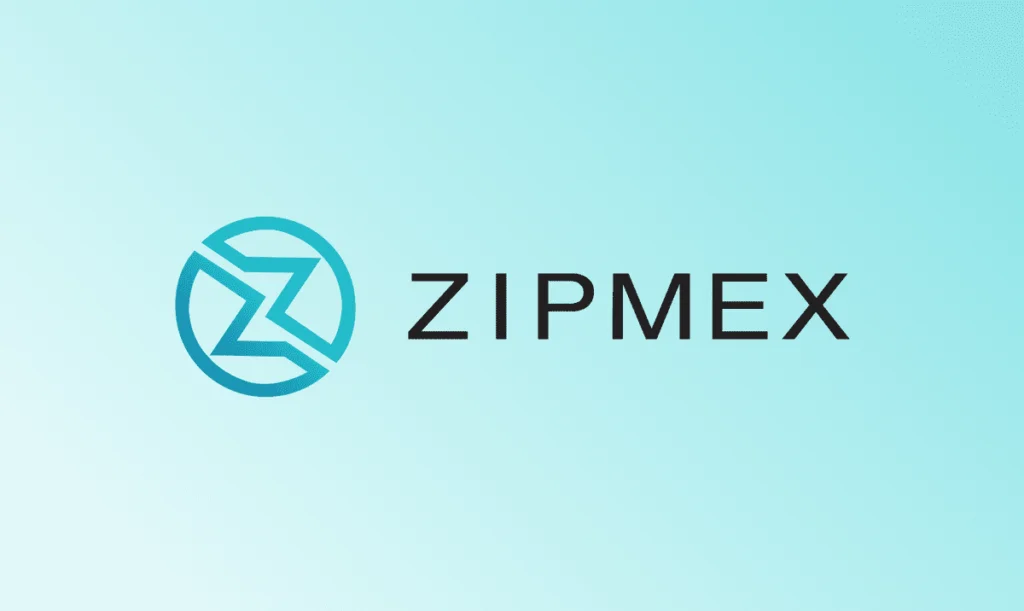Just before the company stated it would halt withdrawals from its platform, the CEO of Zipmex refuted allegations of financial difficulties.

Following a “combination of circumstances” beyond its control, the Thai cryptocurrency exchange Zipmex has halted withdrawals on its website. After Coinbase’s failed attempt to acquire the Thai exchange, the allegations that the company may be in difficulty were denied as “rumors” by CEO and co-founder Marcus Lim.
Early in the first quarter of 2022, Coinbase made a bid to buy the Thai cryptocurrency exchange Zipmex. The deal failed on June 9. Instead, Coinbase invested in the business in a “strategic way”; the sum was not made public.
Although Coinbase is a fascinating partner, according to Lim, “an investor makes more sense at this stage.” He cited the bear market as the reason why Coinbase decided against the acquisition, saying that the group speaks to a variety of different parties at any given time:
“The acquisition fell through due to market conditions. They’ve pulled out in many countries around the world such as Turkey and in Latin America. Coinbase is a great strategic partner to the business.”
The Block claims that Zipmex is preparing a Series B+ fundraising that may value the company at $400 million. According to Cointelegraph, Zipmex operates legally in Thailand, Indonesia, Singapore, and Australia. Since its inception in late 2019, Zipmex has recorded more than $1 billion in gross transaction volume, reaching 200,000 users in August 2021.
According to press releases from Zipmex, the group is governed by the Securities and Exchange Commission, and the company’s Thai subsidiary has been granted brokerage and a digital assets exchange license by the Thai Ministry of Finance.
Before locking consumers’ funds, Zipmex may be in difficulty, according to a source close to the exchange. The insider, who wished to remain unnamed, claimed that Zipmex “had an exempt status in Singapore and a Thai exchange license.”
“Under the Thai License, they are strictly not allowed to touch customer funds. However, Zipmex has a product on the exchange called zip-up that effectively lets users move funds under the Singapore entity to earn yield.”
According to the source, “Babel received the monies in order to produce the yield. Babel received a loan of almost $100 million, which is currently in default. Withdrawals were stopped in June by Hong Kong-based asset manager Babel Finance because of “exceptional liquidity pressures.”
The bear market crypto contagion has not been contained in South East Asia, as seen by the recent freezing of customer cash by the Vauld exchange in Singapore. According to reports, Nexo has made a buyout bid, but the organization has also offered to buy out Celsius.
When asked if Zipmex would experience the same problems as Celsius, the source responded, “It’s possible. Babel still hasn’t paid down their default, which is worth $100 million. On June 13, Celsius froze customer cash, and many worry that the exchange would go the way of Mt. Gox.
The allegations were met with “business as usual,” according to Lim. The group “doesn’t comment on rumors,” Lim added.
According to allegations from Zipmex consumers and the company’s official Twitter account, the company has since blocked customer withdrawals.
